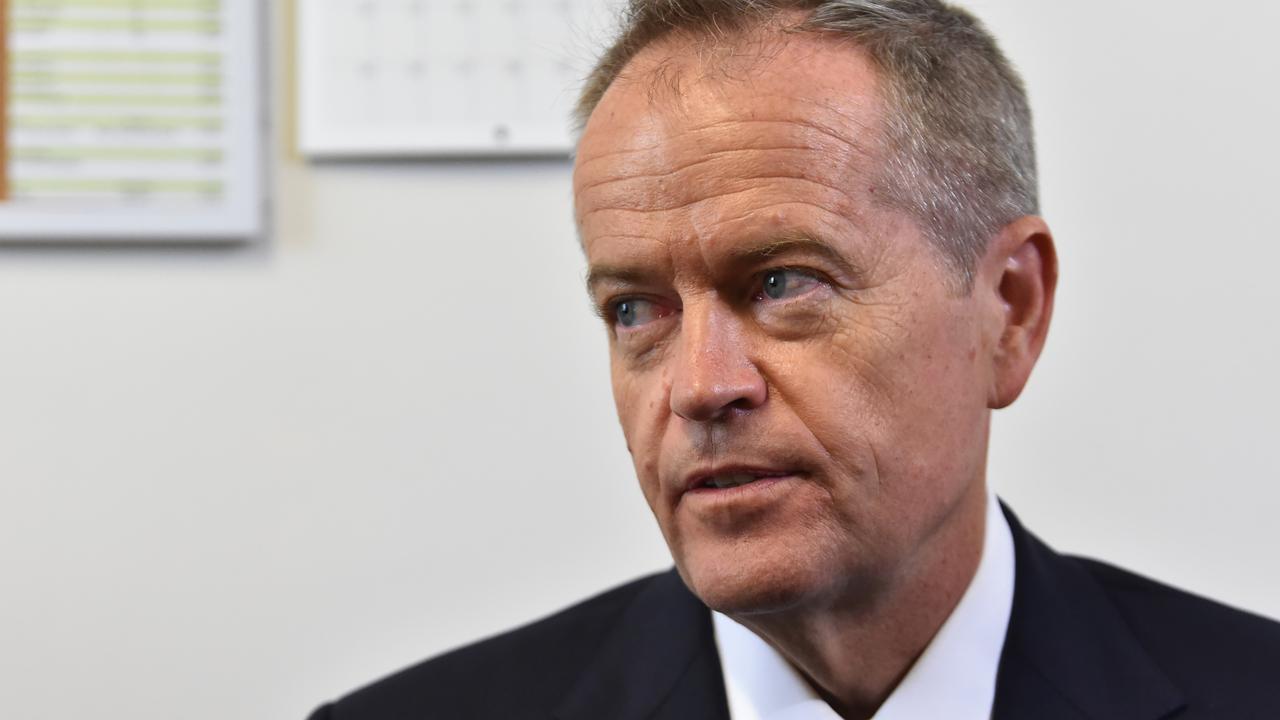Unions ‘skim’ $130m from worker funds
The peak trade unions have been accused of skimming more than $130m from unregulated worker entitlement trusts.

The peak trade unions have been accused of skimming more than $130 million from unregulated worker entitlement trusts — funded by employers to cover redundancies, training and sickness benefits for workers — to expand their industrial and political war chests with large sums of tax-exempt income.
Disclosures to the Australian Electoral Commission have revealed that, in the past five years, an average of $25m a year has been paid in total to 14 unions from the interest earnings of employee-entitlements funds, which combined have an estimated value of more than $2 billion.
Employer and industry groups represented on the funds’ boards have also received millions of dollars in annual payments from the funds, which cover redundancy payments, training funds, and income-protection schemes for millions of workers.
The AEC documents supplied through the office of Employment Minister Michaelia Cash show the Construction Forestry Mining and Energy Union was by far the largest beneficiary, receiving $75m between 2011-12 and 2015-16. The metal workers union, the AMWU, was paid $25m over the same period and the Australian Workers Union received a total of $7.9m.
Senator Cash has described the payments as “secret rivers of gold” following the disclosure that they have contributed to the growth in union wealth.
Yesterday The Australian revealed combined union wealth now totalled $1.5bn in assets and $900m in income.
The discovery of the annual payments partly explains the growth in union finances as its traditional source of income is drying up, due to a steady decline in membership which is now just 10.4 per cent of the private-sector workforce.
The worker entitlement funds are largely unregulated. There is little transparent accounting of how the union recipients use the payments.
Redundancy funds paid $58.2m to 14 associated unions while $38.3m was paid from training funds. A further $30m was from insurance and income-protection schemes designed to pay income streams to employees who could not earn.
The boards of the funds are typically made up of union representatives and associated company and industry groups. Distribution payments are made at the board’s discretion.
They are often paid through complex trust and company structures.
The Cole royal commission into the building and construction industry in 2002 found that the investment value of the various funds was about $500m but these operated with little prudential control. These funds have since grown in value to be worth as much as $2bn.
The funds are financed through employer contributions — which are exempt from fringe benefits tax — typically at rates of between $50 and $100 a week per employee. Some companies pay $500,000 a year into the funds. The compulsory payments from employers are usually established through enterprise agreements.
AEC records show that interest earned on these contributions was typically paid to unions and employer associations every year rather than re-invested into the funds for the benefit of workers.
The royal commission into trade union governance and corruption conducted by Dyson Heydon investigated the misuse of some of these funds, including alleged payments to unions to finance illegal strikes and in some cases payments for fake redundancies. In 2015, it made wide-ranging recommendations for significant reform to the management and use of the funds.
Payments from one CFMEU-controlled fund, which holds $130m in managed funds, were alleged to have been used to make redundancy payments to workers who were not made redundant.
Other unions that were significant beneficiaries of such payments over the five years included the Communications, Electrical and Plumbing Union ($15.5m), the Electrical Trades Union ($3.1m), United Voice ($1.6m) and the National Union of Workers ($1.1m).
The Turnbull government is likely to adopt several recommendations of the Heydon royal commission.
“It is increasingly clear that union wealth is expanding rapidly at a time when union membership has declined significantly,” Senator Cash said. “Trade unions are acting in their own financial interests at the expense of the Australian workers.
“There is a significant problem when one category of large profit-making enterprises are not subject to the same level of transparency as others, and are not even subject to paying tax.
“Bill Shorten is intimately aware of arrangements where unions profit at the expense of workers — his union has regularly engaged in this practice.”
The ACTU declined to comment on the issue but ACTU secretary Sally McManus said, in response to the growing wealth of the unions, that unions were fighting for their political survival.
“Unions are regularly under political attack, and this makes inequality worse,” Ms McManus told The Australian on Tuesday. “It is in the best interests of our members that we plan for the future.
“Currently we are waging a huge campaign to address inequality which has been allowed to reach record levels over decades of failed neoliberal policies.”





To join the conversation, please log in. Don't have an account? Register
Join the conversation, you are commenting as Logout